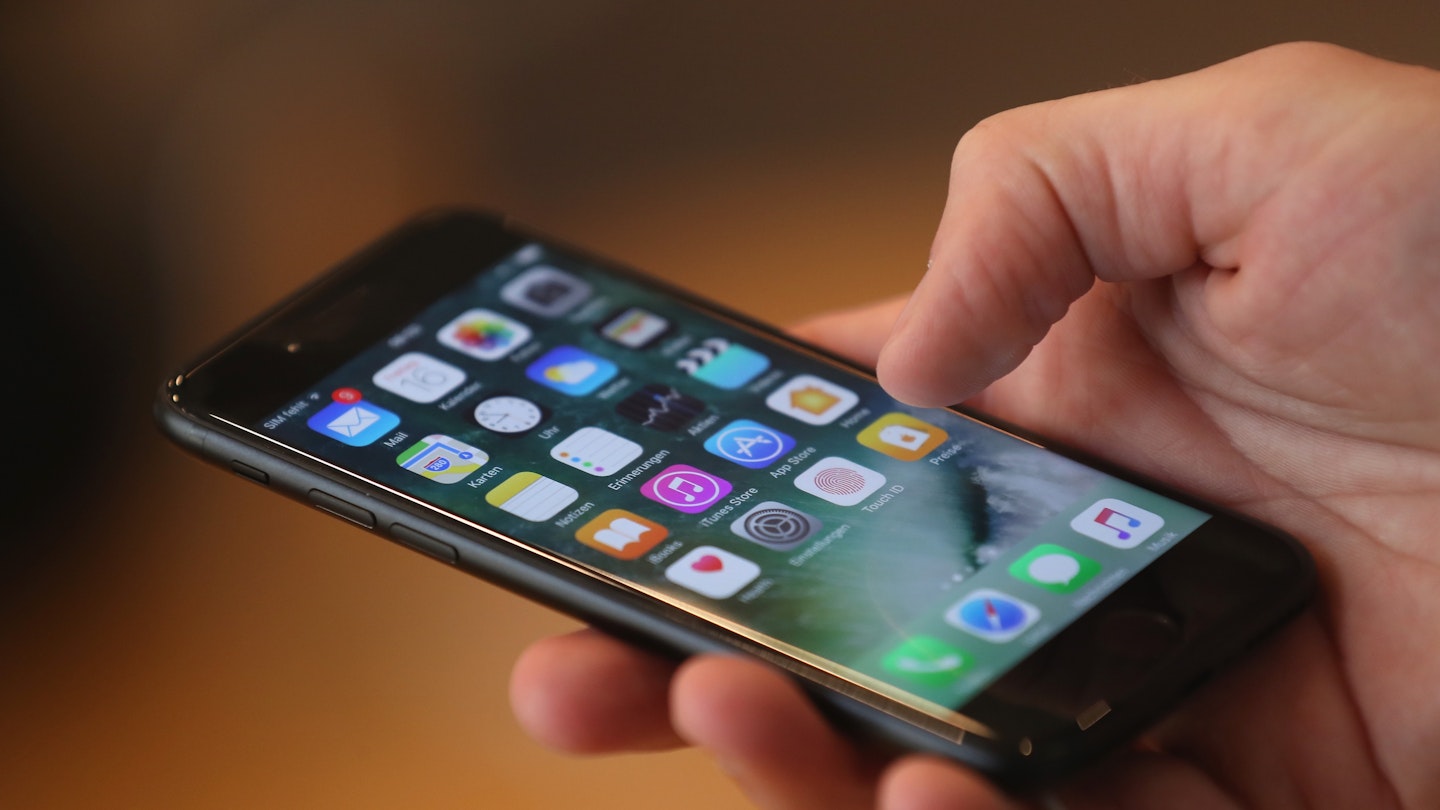A few things you may, or may not, know about reporting rape: around 15% of people who have experienced sexual violence go to the police. Just 5.7% of reported rapes end in conviction. An estimated 20% of women (3.4million) and 4% of men (631,000) have experienced a sexual assault since the age of 16 – and 3.1% of women aged 16 to 59 report having experienced a sexual assault in the last year.
One third of people believe that women who flirt are partially responsible for being raped. One third of males and 21% of females believe that it would not usually be considered rape if a woman had flirted on a date.
More: 42% of over 65s and 22% of 25-49-year-olds responded to a survey last year saying that if sexual activity continues after a woman changes her mind it is not rape. In the same study, 11% were found to believe that the more sexual partners a woman has, the less harm she will experience from a rape. Charges for rape were at their lowest for a decade in September last year.
If the odds weren’t already stacked against victims of sexual violence, a new guideline added what is being considered another barrier to justice for people who have suffered a sexual attack. The new measures will require anyone reporting rape or serious sexual assault to sign a “digital consent” form, implemented today, giving police full access to their phone. Should they agree, the victim’s data will then be downloaded, trawled through and potentially used as evidence thereafter. And if they don’t agree? They face their case being dropped entirely. Already it has been condemned by the Victims Commissioner, Shadow Attorney General Shami Chakrabarti and a plethora of campaign groups. Already it’s been dubbed a “digital strip search”.
“This practice is one we’ve been aware of at Rape Crisis for some time,” Katie Russell, a spokesperson for the organization, said. “Rape and sexual assault complainants are often asked to provide access to all the data from their mobile phones and informed that, if they do not, the investigation into the serious crime against them that they’re reported is unlikely to go ahead.
“The form that’s been released today is intended to clarify the process for victims and survivors but referring to it as a ‘consent form’ is problematic when complainants don’t have a full and free choice as to whether to agree to the scrutiny and storage of their personal data.”
Police and prosecutors supporting the introduction of digital consent forms maintain that the practice will be used to “plug a gap” in the law which cannot force complainants or witnesses to disclose their phones, laptops, tablets and smart watches.
The Director of Public Prosecutions, Max Hill, said that devices will only be looked at to investigate a “reasonable line of enquiry”. They said that “relevant” material will go before a court if meets “hard and fast” rules. But those rules for disclosure are, so far, as vague as that. It’s been introduced in response to high profile cases dating back to the end of 2017 after several men were acquitted of charges of rape following the release of material which emerged from digital devices – but critics say this reactive response has not been considered thoroughly enough. As a result, two rape complainants, who cannot be named for legal reasons, are already launching a legal challenge to the policy.
“The data on my phone stretches back seven years and the police want to download it and keep it on file for a century,” one of the complainants taking part in the legal action said. “My phone documents many of the most personal moments in my life and the thought of strangers combing through it, to try to use it against me, makes me feel like I’m being violated once again.”
Serious concerns have been raised about the focus on the victims, too. Rape Crisis have received reports that defendants are not being treated to the “same level of scrutiny” as victims when it comes handing over their digital privacy.
“Rape Crisis has real concerns about this practice for a number of reasons, not least of all the question of relevance,” Russell continued. “No clarity has been provided as to how the relevance of evidence is determined or by whom, so that in practice a blanket approach appears to be being taken to scrutinising all a victim or survivor’s personal data, including photos, messages and calls, regardless of whether or not it has any connection to the alleged crime or the alleged perpetrator.
“We are also being told by our member Rape Crisis Centres that in many cases suspects are not being subjected to the same level of scrutiny.
“In some cases, suspects’ phones aren’t even requested.
“Statistics routinely show that rape and other sexual offences are historically and chronically under-reported compared with other serious crimes. Among the reasons victims and survivors tell Rape Crisis Centres they do not report are fear of the criminal justice system and of being made to feel ‘like the one under investigation / on trial.’ When criminal justice outcomes for victims and survivors of child sexual abuse, rape and all forms of sexual violence are so woefully low, a practice that can feel so invasive, punitive and off-putting to survivors seems counter-intuitive."
Doesn't it just.
